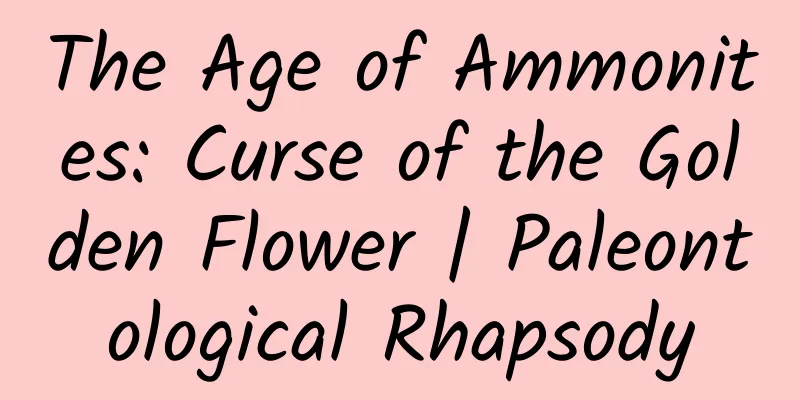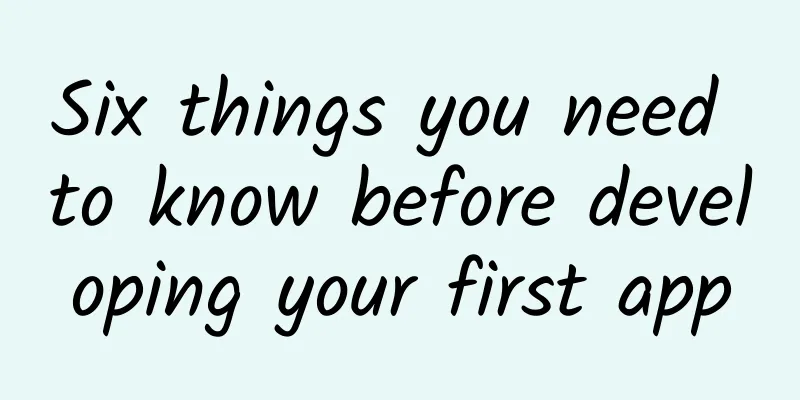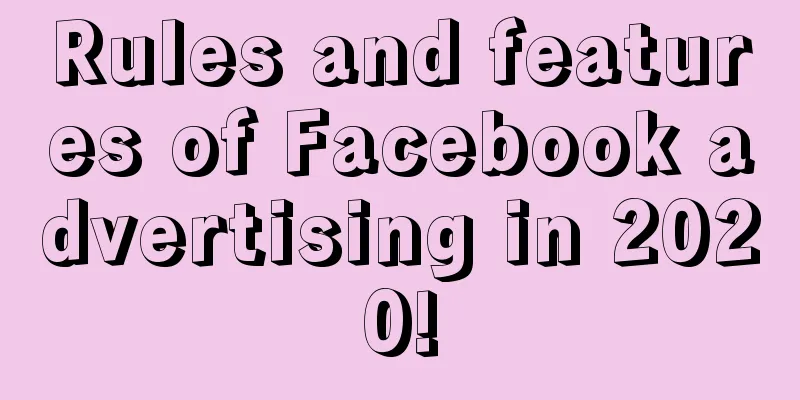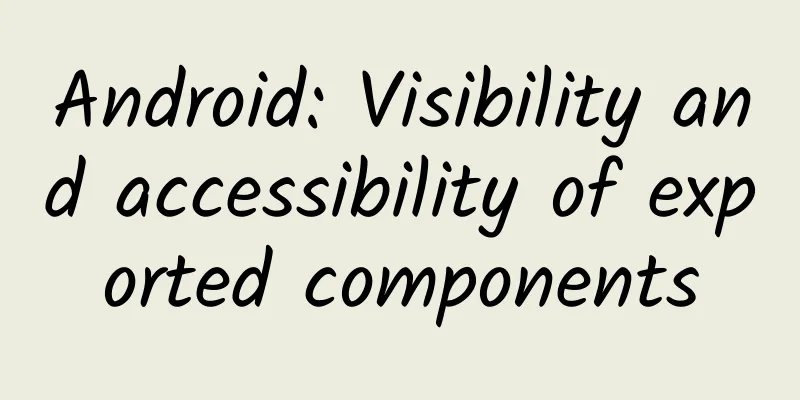After Android and iOS, the third largest mobile system reappears
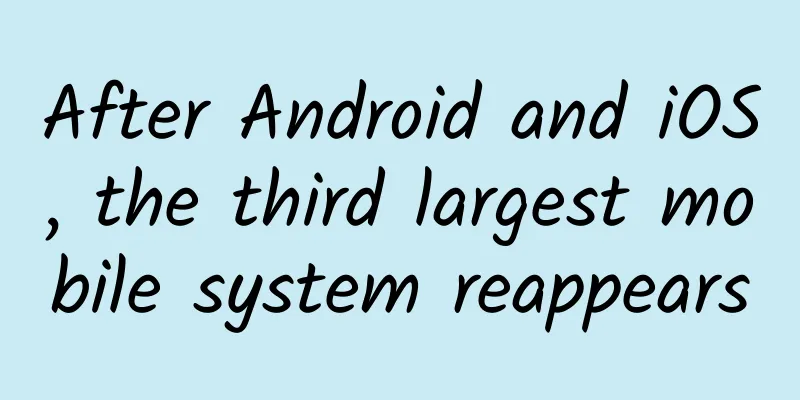
|
Google is still keeping mum on its intentions to develop Fuchsia, a little-known but somewhat mysterious operating system from Google that is currently in open development, though there has been no official word on what it is used for or what it is replacing. Recently, news showed that Google's GitHub repository had a strange update, which showed that Google used the Swift language and the company was working on providing support for the Swift programming language in its Fuchsia OS operating system. Swift is a programming language developed by Apple for building iOS, macOS, tvOS, and watchOS applications. At WWDC 2014, Apple announced that all iOS devices will start using a new programming language called Swift. Swift is called a "fast, modern, safe, and interactive" programming language that is easier to learn and more productive to program. Before Swift, iOS programs were basically written in Objective-C (OC), which has been used for more than 20 years and is also the most basic programming language for Mac and iOS devices. Most people think that OC is too difficult to learn, and the syntax looks weird, so this code scares away many people who are just starting to learn iOS programming.
In contrast, Swift is an easy-to-learn and easy-to-use programming language, and it is also the first system programming language that is as expressive and fun as a scripting language. Swift is designed with safety in mind, and its syntax and standard library are very concise, which greatly shortens and simplifies the programming process to avoid various common categories of programming errors. Apple's idea is to use Swift to entice more web developers to develop mobile software, and in fact, as you can see, the growing army of developers proves the success of the Swift programming language. On December 4, 2015, Apple announced that the Swift programming language would be open source. As Apple's own development language, Swift already has powerful functions and possibilities. The key is why Google chose Swift? This starts with Fuchsia OS. Fuchsia is the third system developed by Google after Android and Chrome OS. Some of the source code has been made public on Github. Google's description of Fuchsia is "Pink + Purple = Fuchsia (Lantern Begonia, a new operating system)". Fuchsia is a very interesting thing because it is an operating system that is different from previous ones such as Android, Chrome OS, OSX, Windows 10, etc. Google may hope that this new system can bring a unified new interface, from IoT devices to smartphones to laptops.
To achieve this effect, the goal is to make the application development and application design of each platform interoperable. According to existing information, Fuchsia system-related projects are written using Google Flutter SDK, and Flutter SDK is compatible with cross-platform code of Android and iOS. This shows that the Fuchsia OS operating system is open. Many people have previously speculated that Fuchsia OS not only supports Android and Chrome OS, but also supports Objective-C, so it is no problem to cross iOS. The news a few days ago just confirmed this speculation. Fuchsia OS currently supports software written in Dart, C++ and Go. Adding Swift to this list means that it will be easier for developers to port applications on Apple platforms to the Fuchsia OS operating system even if they need to be redesigned or require a separate interface. In fact, Google has been coveting Swift for a long time. According to a report by foreign media Android Police, a few years ago, Google developer Zac Bowling helped port Objective-C to Android. Zac Bowling also said: "Our team is also adding support for Fuchsia to Swift." In August, they recruited Swift founder Chris Lattner, who now works at Google. He once posted on Twitter: "Google is doing a lot of folk-related work for integration purposes, and we think it should be public." The general meaning of this sentence is: Google wants to make some contributions to the "upstream" Swift official resource library, so don't worry. Fuchsia itself can run on Mobile & PC, which is a huge selling point. In addition, it can solve the cross-platform barriers between Android and iOS. If Google can convince developers to write applications in Flutter, it can create an application ecosystem that can run on iOS, Android, and eventually Fuchsia.
Another key point is that it also has a Vulkan-based graphics renderer "Escher" that focuses on high-performance, 120fps applications. Some developers believe that this may be prepared for the future popularization of AR, VR and MR. It really looks like a system for the future. Given that the current Android system still has many problems (Google itself admits this), it is not a long-term operating system. At the same time, Google has always wanted to develop a new system to make up for the shortcomings of the Android system, so Fuchsia may be the successor. Of course, in the long course of history, there have been many short-lived new systems. For Google's new project, we cannot guess how far it will develop in the future. Developer Travis Geiselbrecht said in the Fuchsia IRC public forum: "This operating system is not a test product, nor will it be a 20% project. It is not a garbage dump for burying obsolete products that we no longer care about." Therefore, we will regard it as a new platform that Google will work hard to implement and promote, and most of the voices come from programmers and users, and we still hope that it will succeed. Developing a new system is not an easy task. Before the official release of the Android system, Google conducted more than 5 years of research. If all goes well, Fuchsia will not be able to show its "true appearance" until around 2020 at the earliest. However, compared with Android and iOS, which have been developed for ten years, this new system still has a long way to go. |
>>: Visual debugging and performance analysis of Node.js applications
Recommend
Money psychology, teach you how to achieve financial freedom course video
Are you fanatically pursuing those low-priced pro...
"TikTok Enterprise Blue V White Paper" was released, and the number of daily active users has reached 150 million!
For a new user who has no idea about the product,...
We have been discussing no-code apps recently. What exactly are no-code apps?
These days, it seems like every software investme...
It is nonsense to say that the color TV industry is going to die out during the difficult transformation period
Recently, the news that some Japanese companies h...
Protect sweetness! Create a new way to defeat the enemy bees
Bees are important resource insects that not only...
How can short videos use Baidu to accurately attract traffic?
I haven’t written an article for a long time. Tod...
Goggles for birds? Scientists too full?
In nature, no birds wear goggles. They do not nee...
Girls assume you can sleep with her? How can I test whether she will let me go?
In life, women express their emotions differently...
A 31-year-old female singer is diagnosed with advanced thyroid cancer. Why does thyroid cancer prefer young women?
On July 25, "Feng Timo posted a message conf...
Wu Jing's information: How to obtain accurate traffic through SEO optimization?
Precision traffic is a term often mentioned by In...
80txt e-book free download full set
Content preview: [WeChat: jimifeng01] Red|sleeves...
After teasing 22 apps, Wandoujia launched a grand art marketing campaign...
As one of the earlier Android app stores to be la...
Omdia: Semiconductor market revenue will surge by about 25% to $683 billion in 2024
2024 is a record year for the semiconductor marke...
The human brain's "speed" is slower than expected; new research suggests that dark energy may not exist | Technology Weekly
Compiled by Zhou Shuyi and Pingsheng Chimpanzees ...
The mid- to long-term development plan of the automobile industry may become a breakthrough opportunity for domestic brands
Wu Songquan, director of the Policy Research Cent...

